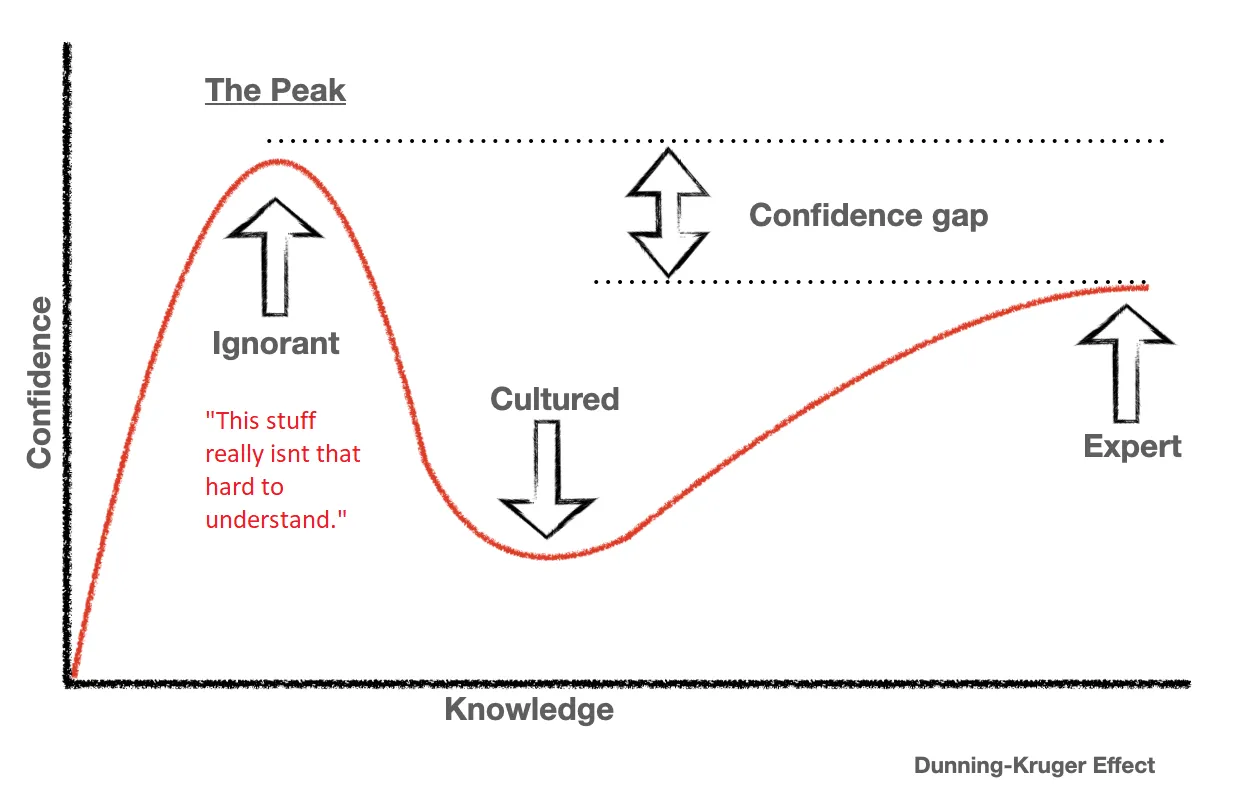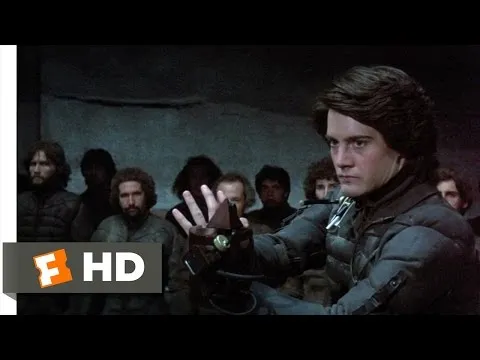
There's a lot of projection in crypto.
When something is new and unknown the human brain likes to make sense of it by comparing it to something they already know. A cryptocurrency might look like a stock and trade like a stock on paper, but it is not a stock. People on Wall Street might take one look at it and think: "Yeah sure I understand this perfectly, no problem," but they don't.
Those who attack it try to compare it to things like "Tulip Mania" and the "Dot Com" bubble because they don't understand how it could possibly have value. Those same people make parallel arguments like "Bitcoin wastes energy", but then when you ask them how much it "wastes" the number they give you is how much it "uses". Point being: new technologies create a chasm of disconnection to reality.
Projection can be a good thing but it can also lead to overconfidence. Obviously having a little bit of understanding by using a comparison (say Gold 2.0) is better than having no comparison at all. However, the overconfidence kicks in simultaneously with the Dunning-Kruger affect. It's like a grown man claiming they know how to ride a bicycle without even realizing they need to take the training wheels off first.
When people "don't know what they don't know" they deem themselves experts in the field after a few hours of study. Only the experts in the field tend to realize there is always more to learn. Ironically, they learn that they do know what they don't know, and there is probably even more behind all that. Learning and mastery becomes an onion of complex layering.

Within the context of movie adaptations.
I just did a Google search for movie adaptations.
This is where the movie was a book first and then was "adapted" to the big screen.
Lot's of big titles here.
- Lord of the Rings
- Little Women
- Hunger Games
- Harry Potter
- Fight Club
- Jurassic Park
- Dune
- The Godfather
- No Country For Old Men
You'd think after looking at a list like this that it would be the smartest idea in the world to adapt popular books into movies in order to make a great story and get grandfathered into guaranteed free money & profit. However, it is much more difficult to adapt a book to a movie than it looks. The Google search is suffering from Survivorship Bias; it's going to grab all the winners and ignore all the losers. For every blockbuster hit adaptation there are dozens of failures and disappointments. In fact Dune adaptations have been abysmal up until just recently with the new movies.
Ha! Bad!
The same concept also applies to what developers think we should be building on the blockchain. ______ but we build it on the blockchain! Blockchain not Bitcoin! What's "the next" Bitcoin? We need more decentralization!
Hear me out!
- IPOs, but we build it on a blockchain and call it ICOs.
- Finance, but on the blockchain so we call it DECENTRALIZED finance.
- Digital tokens, but they're on the blockchain so we'll call them NFTs.
- Social Media, but on the blockchain.
- Real Estate, but on the blockchain.
- Supply Chain, but on the blockchain.
- KYC, but on the blockchain.
- Gaming, but on the blockchain.
- Gold, but on the blockchain.
- YouTube, but on the blockchain!
- Bonds, but on the blockchain boy howdy.
Hm yeah that's not going to work.
We keep trying to take things that already exist and add "blockchain" to them and act like it's this amazing improvement. It is not. Hive isn't cool because it's "social media on the blockchain". In fact I don't even view Hive as social media; I see it as a blockchain that happens to have social media on it as one of the apps. Sorry I mean dapps; you gotta say dapps otherwise it's not decentralized, right?
One of the big things that makes blockchain so special is that it specifically does not require anything to "back" the value. The artificial connection to physical goods and property inherently destroys decentralization. This means that supply-chain, KYC, Real-Estate, and gold-backed-crypto were all doomed to fail pretty much immediately. That is not what this technology is for, but most people do not understand what it is for so they just run around making stuff up and marketing their idea like they know what they are talking about. Classic Clown World.
fundamental lack of creativity
There are not nearly enough developers in crypto who just want to build cool open source tech. The vast majority of devs in this industry are not only looking to make money; they are looking to make a shitload of money. This incessant need to capture value from their product traps them in a box in terms of what kind of products can actually get built. We need to be thinking outside the box, but innovation is a lot more rare than plebs in this industry seem to realize. It's become a meme. Everyone claims their thing is "innovative and disruptive" and it almost never actually is; so many snake oil salesmen.
lack of infrastructure creates a bottleneck of possibilities
As if the greed and bad ideas were not enough, we simply don't have a lot of the infrastructure required to create the really cool stuff that will certainly exist in the future. There are a lot of good ideas out there that are simply ahead of their time because the tech to support them does not exist.
Blockchains are highly inefficient by design. Running 100 identical nodes isn't exactly an efficient process. Imagine trying to scale that up. Instead of scaling up one server we have to scale up 100 at the same time and make sure it's financially worth it for everyone to stick with it. This is why Bitcoin can't increase their blocksize limit: nodes never get paid; only miners get paid. This lack of incentive handicaps Bitcoin in a way that maximalists simply refuse to admit. They've just decided that the node runners need to figure out how to make it work rather than considering that it's Bitcoin itself that needs to change.
Of course I don't personally believe that Bitcoin should change at all. I think it's great at what it does and should simply allow itself to ossify and become the backbone of our great crypto nation. Let the other blockchains take the big risks to become what Bitcoin can't, or die trying. This is the way.

WEB2 >> WEB3
Web2 and Web3 are completely uncompatible. Devs don't seem to realize this fact. Rather than accept it they keep trying to ram the square peg into the round hole over and over again and act like "this time it'll work for sure". For example ad revenue is inherently centralized. Paywalls are inherently centralized and easily circumvented in WEB3.
But most importantly: WEB3 is not supposed to be free. Our very understanding of WEB3 is completely tainted by this idea that WEB3 can't compete with WEB2 if it doesn't offer free services like WEB2 does. This was the entire intent behind RCs on Hive... not that I'm against RCs, I just think that most people don't understand what kind of problems were are going to run into down the line. In an industry as inefficient as blockchain it's very easy to be a victim of success while failing to scale up to accommodate new users. I have faith we'll figure this stuff out... eventually.
Conclusion
Just because the original version of something was quite good doesn't mean the adaptation to an entirely new industry is going to work. When you read a book you can grasp the characters' thoughts and feelings in real time because the book is explicitly telling you what they are. Narrating this same type of dialog in movies in considered extremely annoying, amateur, and lazy. The rule in showbusiness is "show; not tell". It's poetic in a sense and requires a lot of skill to pull off.
Crypto is the exact same concept. Taking something that works in the legacy world and slapping blockchain on it is a recipe for disaster unless done with magnificent finesse. We have a lot to learn and even more work to do.
